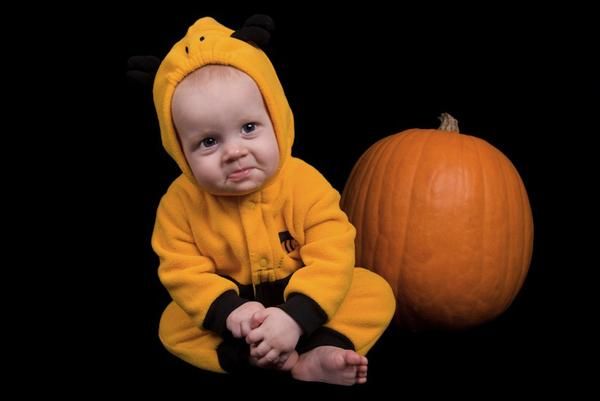Does Halloween Spook Mothers into Avoiding Giving Birth?

While many kids might love to have their birthday fall on Halloween and have their special day celebrated with a giant costume party and loads of candy, it turns out that expectant mothers may not be all that fond of the idea. Pregnant women in the United States somehow avoid going into labor on Halloween, suggests a new study.
In the study, published this month in the journal Social Science and Medicine, researchers charted over 3 million births in the U.S. that took place around Halloween and Valentine's Day from 1996 to 2006. They found that birth rates dropped by 11.3 percent on Oct. 31 compared with the two-week window surrounding the date. On the other hand, birth rates on Feb. 14 spiked by 5 percent.
What's particularly interesting is that these shifts in birth rates do not only apply to scheduled births, such as cesarean and induced births, but also to "spontaneous births," which doctors considered to be outside the control of pregnant women. The researchers suspect that a woman's desire to give birth (or not) on a certain day may somehow affect the hormones that control birth timing , but they don't yet know how it all works.
But why would a woman avoid giving birth on Halloween? Simply put: superstition.
People associate Valentineâ??s Day with flowers , cherubs and love, and Halloween with witches, skeletons and death, the researchers wrote in their study. For a soon-to-be mother, the idea of giving birth on Halloween may evoke a level of unconscious fear. [What's the Scariest Thing?]
Or, some women may just think it's bad luck you wouldn't want your unborn child to turn out to be some kind of evil demon, right?
- The Surprising Origins of 9 Common Superstitions
- 10 Weird Things People Do Every Day (and Why )
- 7 Strange Ways Humans Act Like Vampires
Sign up for the Live Science daily newsletter now
Get the world’s most fascinating discoveries delivered straight to your inbox.












